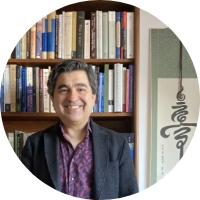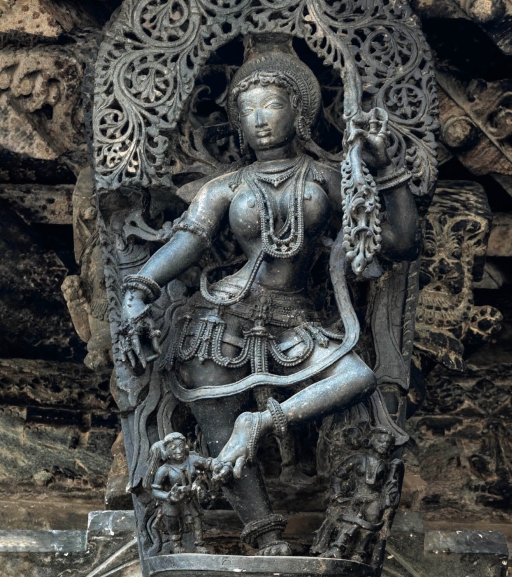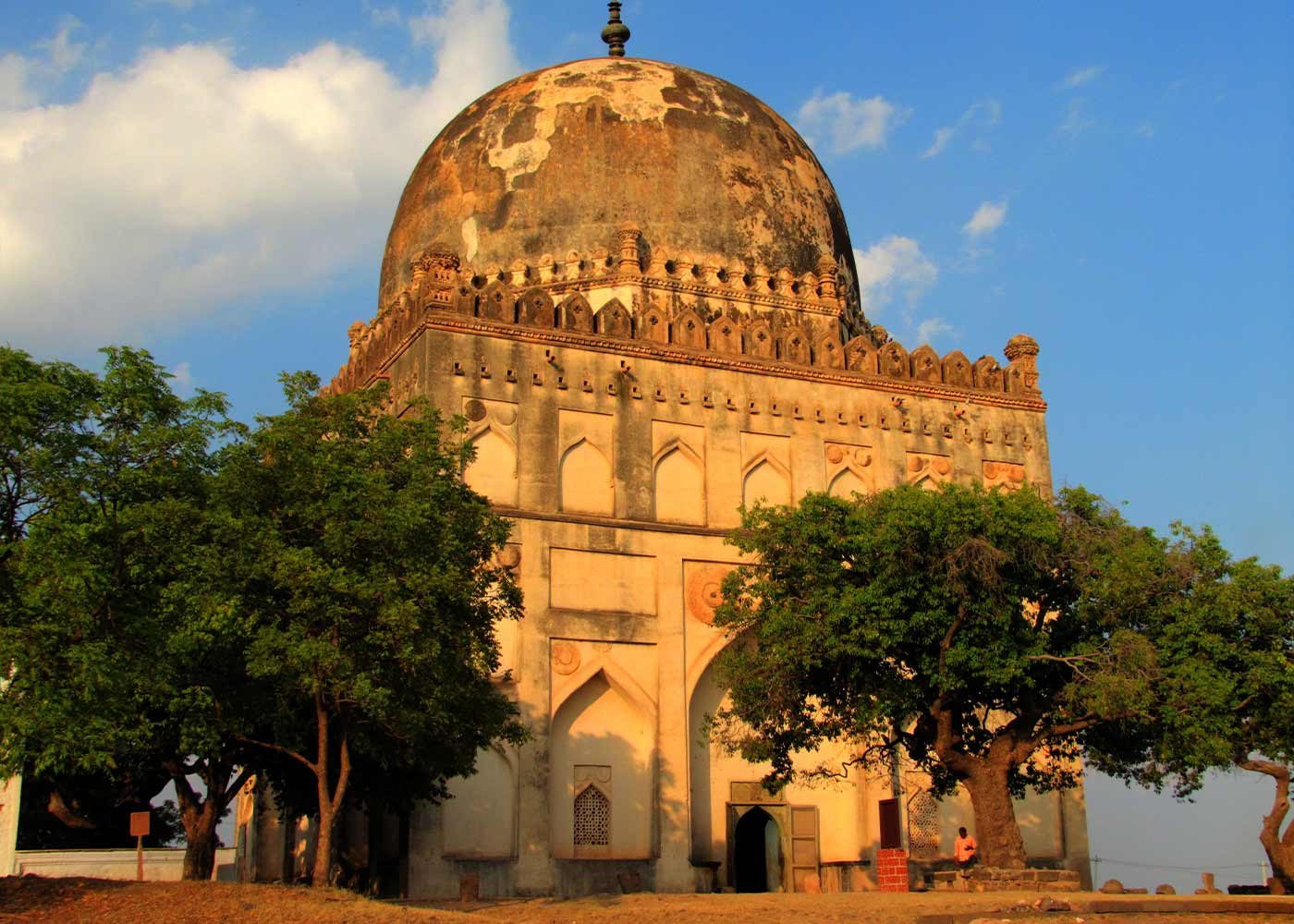The Idea of Sacral Kingship between Islamic and Turco-Mongol Concepts of Politics
5 March 2021
The idea of sacral kingship has attracted a significant amount of scholarly attention in recent years. Scholars working on the history of late medieval and early modern Islamic dynasties observed that various rulers from the Deccan to Constantinople and from Shiraz to Marrakesh attempted to ascribe sacral or divine qualities upon themselves. Since the rise of this political posture roughly coincides with the rise of absolutist states in Europe, we have usually explained this curious intellectual transformation as a form of absolutist politics in the Islamicate world. However, in our explorations into the origins and various forms of Islamicate sacral kingship, we often dehistoricise this concept by overlooking some very pertinent questions, such as who formulated political discourse and for which audience; how was the discourse disseminated and what impact did it have in a given context; and perhaps most importantly, why did the discourse of sacral kingship became a prominent political argument in the late medieval and early modern periods, and what were the other competing ideas?
In this presentation, the speaker will rely on examples from different time periods and political contexts in the 15th and 16th centuries. He will also aim at combining political, literary, visual, and numismatic evidence to argue that the idea of sacral kingship was in fact a totalising response to increasing diversity in ideas of sovereignty.
Speaker(s)

Evrim Binbaş
Evrim Binbaş received his PhD degree from the University of Chicago. After seven years at Royal Holloway, University of London, he moved to the Institute of Oriental and Asian ... Read More


